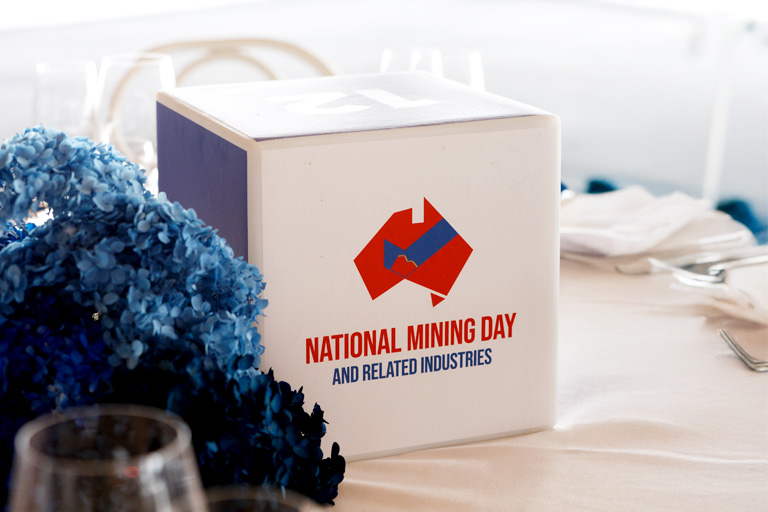News

National Mining and Related Industries Day 2024
On the 22nd November, people travelled from all over Australia, to come together in outback Australia to celebrate National Mining and Related Industries Day. The gala event was held at Santos’s Moomba gas field in South Australia.

Green lawfare on ALP’s watch amounts to economic sabotage
Imagine a foreign organisation was secretly funding a sophisticated campaign to damage Australia’s economy, divert billions of dollars of investment away from our country, destroy tens of thousands of our blue-collar jobs and bring Australia’s leading position in economic exports to an end.

High Power Prices, Less Reliability, Fleeing Industry: Welcome to our Future
Policy debates don’t change gradually. They change suddenly. There has been a sudden change in Australia in public attitudes to energy policy. Anyone who has studied Australia’s energy production and consumption has realised that, if we continue on our current path of eliminating all fossil fuels and rejecting the option of nuclear power, we will be on a road to ruin.

ZAPPED! Cost of Energy Plan Chaos is Painful
Businesses that produce groceries are being smashed by soaring gas bills that are making it harder and harder to stay afloat.

Only Gas Can Save Us Now
Blackouts loom unless renewables firmed. Households face being plunged into darkness – while paying even more for power – without action on Australia’s gas shortage.

The Real Cost of Net Zero: The shocking truth of the renewable energy push
Sky News Australia reveals the true cost of the race to renewable energy in an exclusive investigation by political contributor Chris Uhlmann.

Damning admission on mine decision
There was “no person” on Tanya Plibersek’s staff who could tell if the Blayney goldmine could recover from her heritage decision, department documents show, despite later assurances there was “no impediment” to it.

Why is no one talking about the politicisation of public sector plants!?
Article by Charlie Lewis, courtesy of Crikey. Ah would that it were National Mining Day every day. Where else could we get the peerless insights of mining magnate Gina Rinehart (except, oh

Anthony Albanese intervenes to stop Labor deal with the Greens, overrides Tanya Plibersek
Anthony Albanese has personally intervened to scuttle a deal with the Greens on a signature plank of his environmental platform after appeals from WA Premier Roger Cook, again overriding his Environment Minister Tanya Plibersek just months out from the federal election.

Inside lawfare plot to block Santos’s $5.8bn Barossa gas project
Academic, legal and activist figures in the failed Environmental Defenders Office bid to scuttle a $5.8bn gas field near the Tiwi Islands concocted a rainbow serpent and crocodile man songline map based on guesswork and minimal consultation with Indigenous leaders, according to court documents.

Rinehart pushes Trump agenda
Gina Rinehart has stepped up her calls for Australia to cut regulation and taxes while also borrowing from US president-elect Donald Trump with the pro-oil slogan ‘Drill Baby Drill’.

‘Sell the pot plants’: Gina Rinehart takes aim at public service
Australia’s richest person Gina Rinehart has taken aim at bureaucrats while calling for Trump-style cuts to the public service, saying taking the axe to public spending would pay for tax cuts.
The billionaire mining magnate and Liberal party donor used her speech at a National Mining Day event hosted by Santos last week to outline her vision of a stripped-back Australian Public Service.